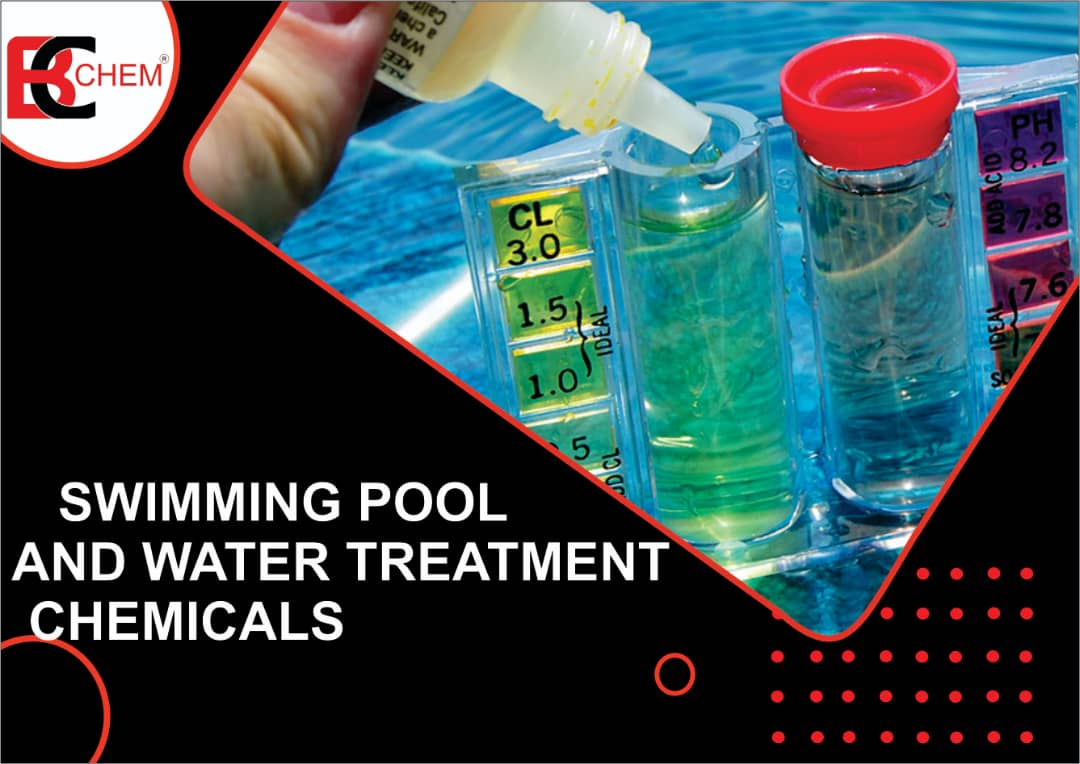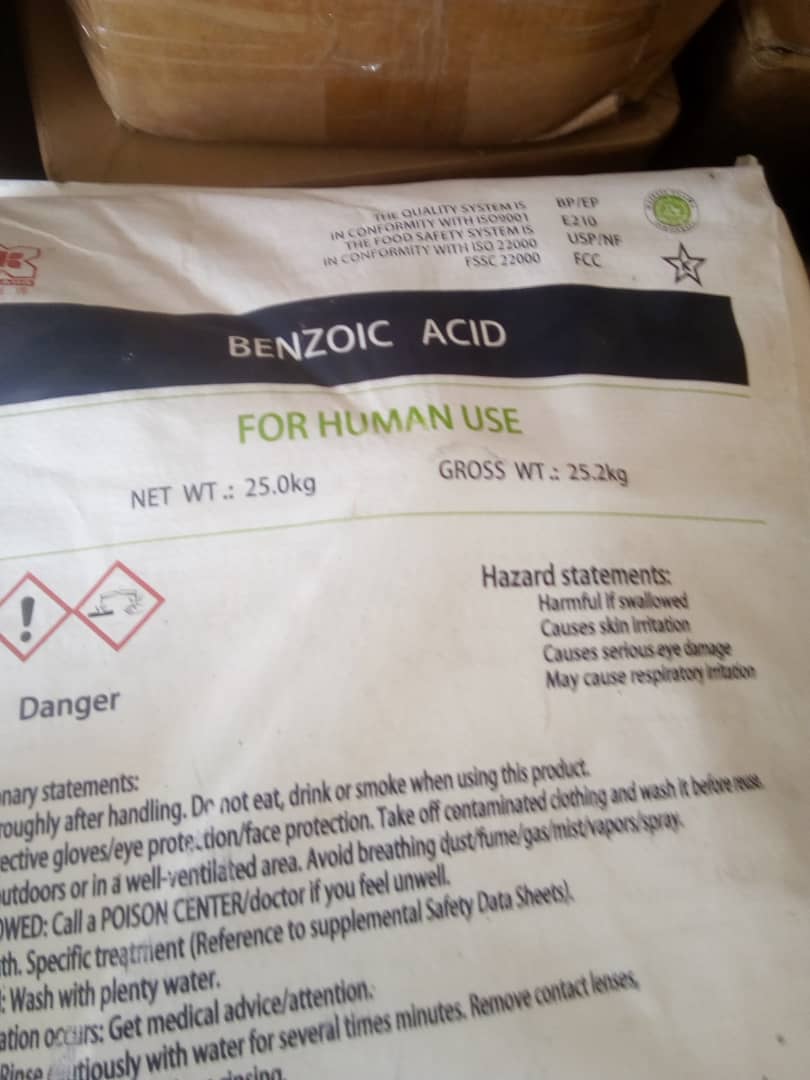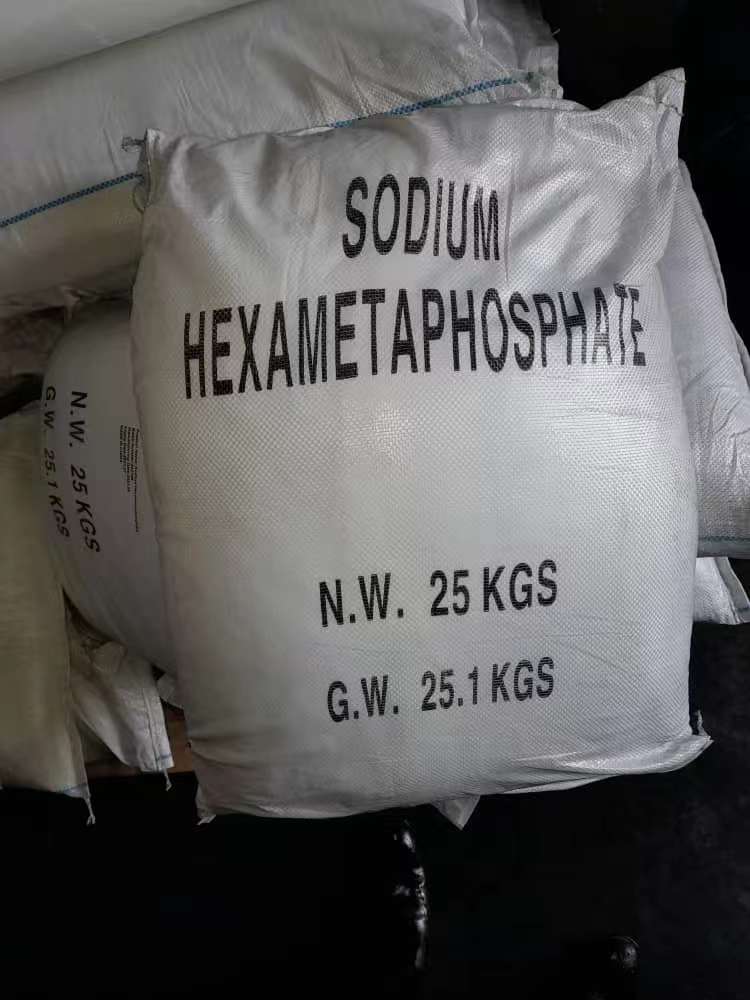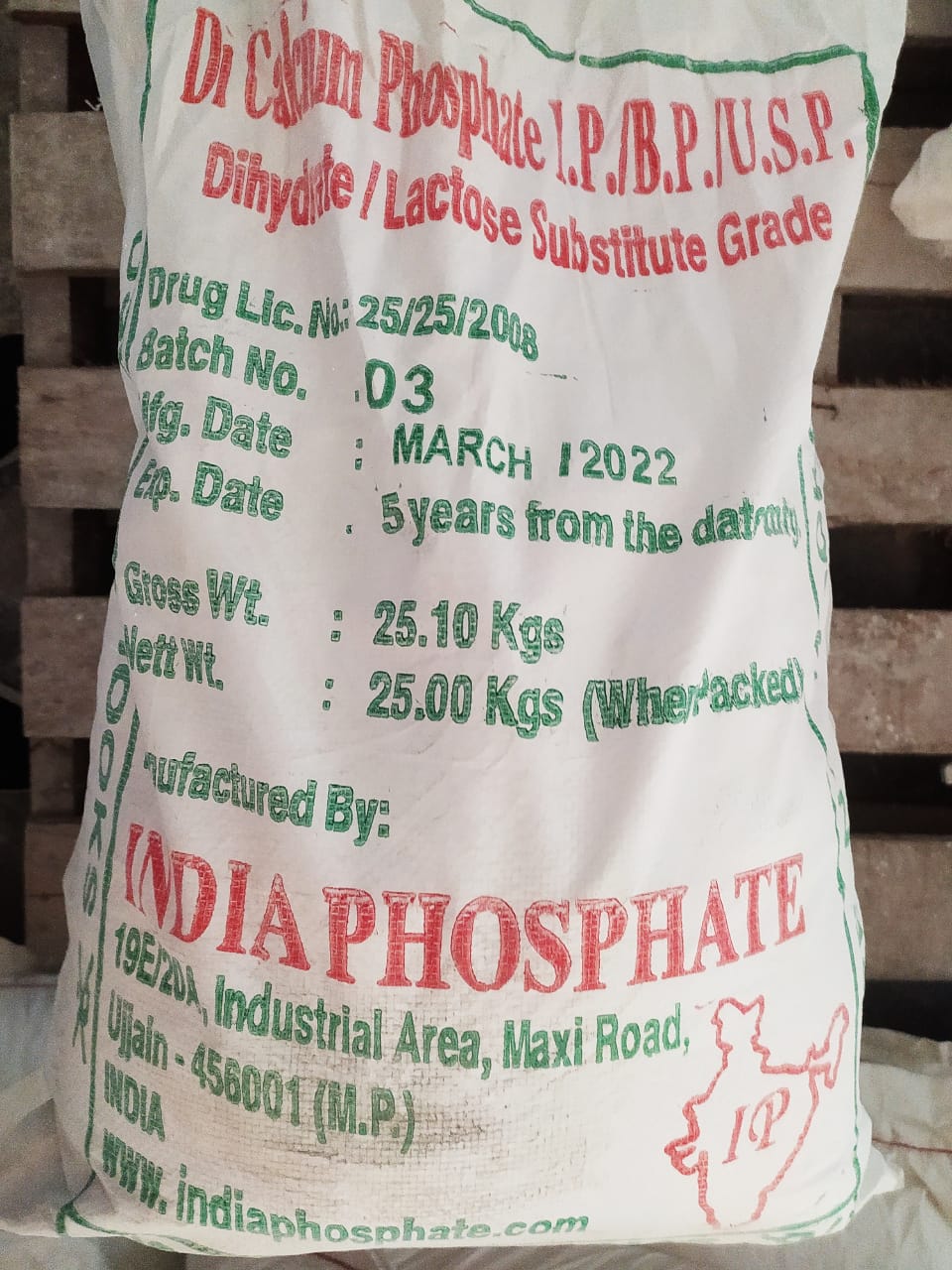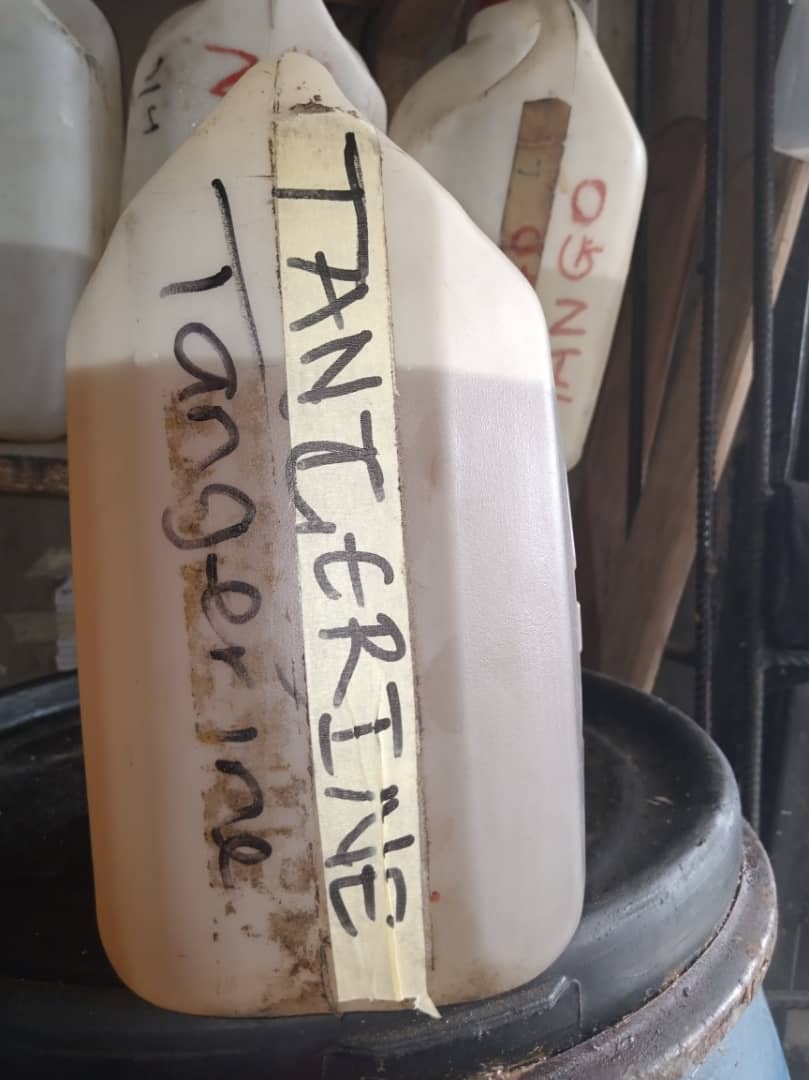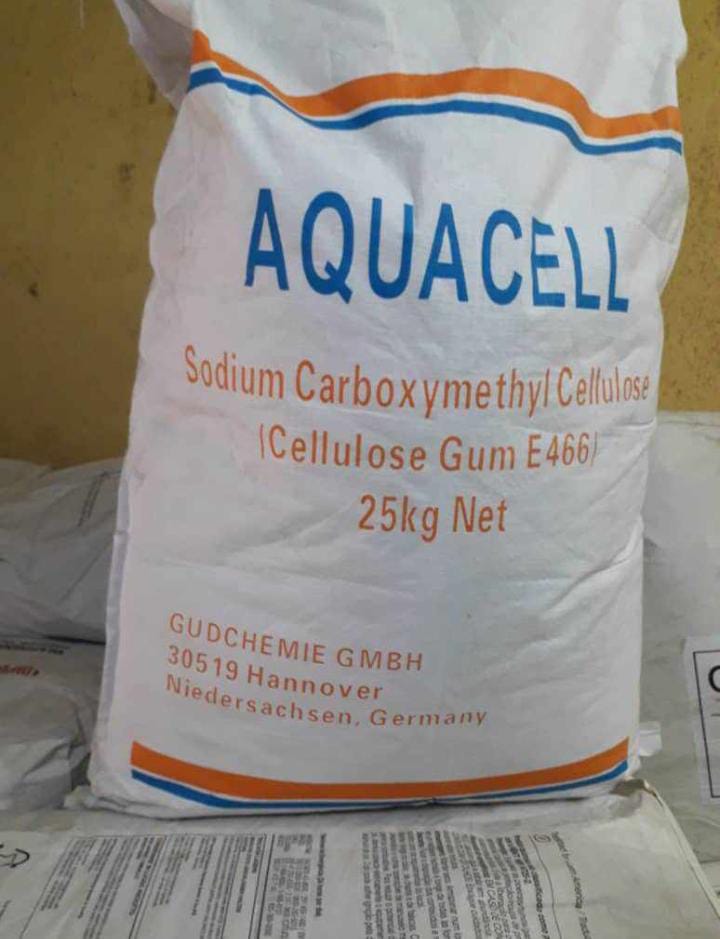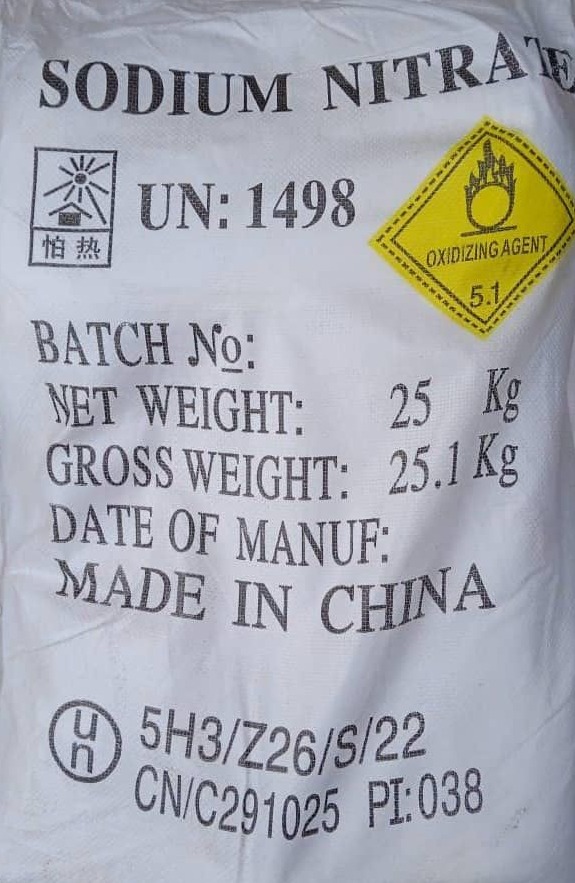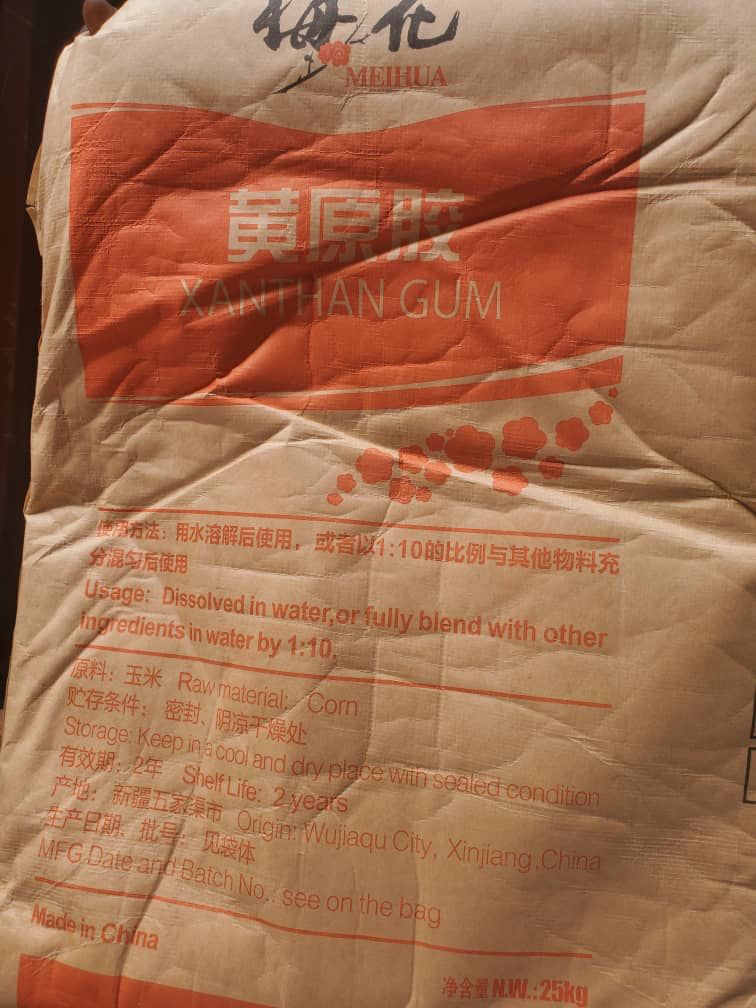Citric acid is a naturally occurring weak organic acid found in citrus fruits like lemons, oranges, and grapefruits. It's also commercially produced for a wide range of applications due to its versatility. Here's a breakdown of its common uses:
Food and Beverages:
- Acidity Regulator: Citric acid is widely used in processed foods and beverages to add a tart or acidic flavor. It can also balance out sweetness and enhance overall taste. Examples include sodas, juices, candies, and dressings .
- Preservative: Citric acid helps prevent spoilage by creating an acidic environment that inhibits the growth of bacteria, mold, and yeast. This is particularly useful in canned fruits and vegetables.
- Chelating Agent: It can bind to metal ions that might cause discoloration or off-flavors in foods.
Cosmetics and Personal Care Products:
- Acidity Adjuster: Similar to its function in food, citric acid helps regulate pH levels in cosmetics and personal care products.
- Astringent: It can have a mild skin-tightening effect, which can be beneficial in some skincare products.
- Chelating Agent: Citric acid helps prevent discoloration and extend the shelf life of cosmetic products.
Cleaning and Household Products:
- Descaler: Citric acid is a natural and effective descaler, helping to remove limescale buildup from kettles, coffee makers, and other appliances .
- Cleaning Agent: It can act as a mild cleaning agent for various surfaces due to its acidic properties.
- Deodorizer: Citric acid helps neutralize unpleasant odors.
Other Uses:
- Pharmaceuticals: Citric acid is used as an acidity regulator or flavoring agent in some medications.
- Industrial Applications: It has various industrial applications, such as in detergents, electroplating, and leather tanning.







